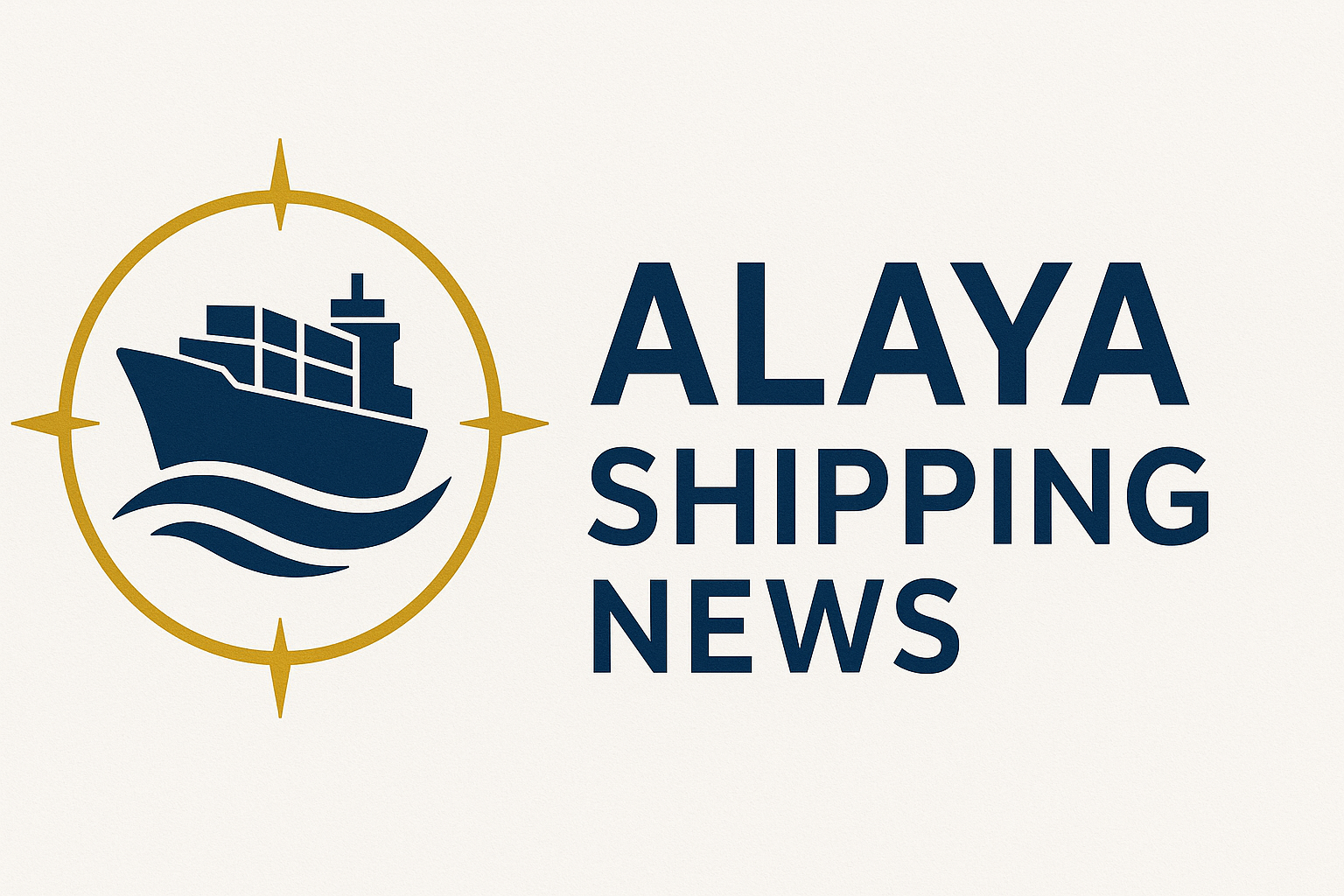# U.S. Treasury Chief Bessent Accuses India of Profiteering on Russian Oil Purchases
In a rapidly evolving geopolitical landscape, U.S. Treasury Chief Sarah Bessent has leveled serious accusations against India, claiming the nation is profiting from discounted Russian oil purchases. This development comes amid heightened global tensions and shifting energy alliances, underscoring the intricate balance of international trade and diplomacy. As the world grapples with the economic ramifications of the Russia-Ukraine conflict, Bessent’s statements highlight the complexities of global energy markets and the strategic maneuvers of major players.
## The Accusation: A New Front in Energy Diplomacy
According to a report by gCaptain, Bessent’s allegations suggest that India is exploiting the current geopolitical situation to secure Russian oil at reduced prices, subsequently selling refined products at a premium on the global market. This assertion raises questions about India’s role in the global energy supply chain and its implications for international relations. As Western nations impose sanctions on Russia, India’s actions could be seen as undermining these efforts, potentially straining its diplomatic ties with the U.S. and other Western allies.
The timing of Bessent’s accusation is critical. As the world continues to navigate the economic fallout from the Russia-Ukraine conflict, energy security has become a paramount concern for many nations. India’s strategic oil purchases could be viewed as a pragmatic approach to ensuring its energy needs are met, but they also reflect the broader challenges of maintaining a cohesive international front against Russia.
## Fleet Moves: U.S. Naval Presence and Strategic Implications
In a related development, the U.S. has deployed warships near Venezuela to combat drug threats, as reported by gCaptain. While this move is primarily aimed at addressing narcotics trafficking, it also serves as a strategic positioning of U.S. naval forces in a region with significant energy interests. The presence of U.S. warships in the Caribbean underscores the interconnected nature of global security and energy supply chains.
This naval deployment could have indirect implications for India’s oil trade. As the U.S. strengthens its military presence in key regions, it may seek to exert greater influence over maritime routes and energy flows. This could complicate India’s efforts to maintain its oil imports from Russia, particularly if the U.S. decides to leverage its naval capabilities to enforce sanctions or disrupt trade routes.
## Geopolitical Dynamics: Navigating a Complex Landscape
The geopolitical dynamics surrounding India’s oil purchases are multifaceted. On one hand, India’s actions can be seen as a pragmatic response to its energy needs, leveraging discounted Russian oil to bolster its economy. On the other hand, these actions could be perceived as undermining international efforts to isolate Russia economically.
The situation is further complicated by India’s strategic partnerships and alliances. As a member of the BRICS group, India has maintained a complex relationship with Russia, balancing its ties with Western nations and its historical connections with Moscow. This delicate balancing act is emblematic of the broader challenges faced by countries navigating the current geopolitical landscape.
## Regulatory and Supply Chain Challenges
The accusations against India also highlight the regulatory and supply chain challenges inherent in the global energy market. As countries seek to diversify their energy sources and secure reliable supplies, they must navigate a complex web of regulations and geopolitical considerations. This is particularly true in the context of sanctions against Russia, which have disrupted traditional energy supply chains and forced countries to seek alternative sources.
According to Hellenic Shipping News, the maritime industry is facing its own set of challenges, with companies forging strategic partnerships to overcome supply chain disruptions. For instance, OHI Marine Motors and United Finance Company have entered into a partnership to enhance their operational capabilities. Such collaborations are indicative of the broader efforts within the maritime sector to adapt to changing market conditions and ensure the smooth flow of goods and resources.
## Conclusion: Navigating Uncertain Waters
The accusations against India by U.S. Treasury Chief Bessent underscore the complex interplay of geopolitics, energy security, and international trade. As the world continues to grapple with the economic and political fallout from the Russia-Ukraine conflict, countries must navigate a delicate balance between securing their own interests and maintaining international alliances.
In a base scenario, India’s actions could lead to increased scrutiny from Western nations but ultimately result in a pragmatic approach to energy security. In a bull scenario, India could leverage its strategic oil purchases to strengthen its economic position and enhance its global influence. Conversely, a bear scenario could see heightened tensions with the U.S. and other Western allies, potentially leading to economic and diplomatic repercussions.
As the situation unfolds, the global community will be watching closely to see how India navigates these uncertain waters and what implications this will have for the broader geopolitical landscape.
—
**Sources (selection):**
– https://gcaptain.com/u-s-treasury-chief-bessent-accuses-india-of-profiteering-on-russian-oil-purchases/
– https://gcaptain.com/u-s-deploys-warships-near-venezuela-to-combat-drug-threats/
– https://www.hellenicshippingnews.com/connecting-europe-overcoming-challenges-and-seizing-new-market-opportunities-with-inland/
– https://www.hellenicshippingnews.com/ohi-marine-motors-and-united-finance-company-forge-strategic-partnership/
– https://www.hellenicshippingnews.com/stamps-to-mark-jerseys-shipbuilding-history/
